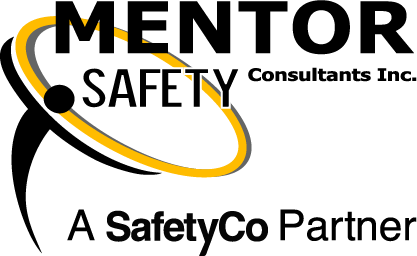-Carola Mittag
My friend Mark is older than me by two months to the day. I always teased him that he was much older. Mark is not only a friend but is a certified health and safety trainer who taught for me when I had my own safety company. He was well-liked by the participants because he had a wonderful sense of humour that made a day of learning material that was not always very interesting, easy. Mark had a natural ability to read his participants and speak to them at their level of understanding while ensuring that at the end of the day they knew their “stuff’ and left the training feeling good about themselves because he had helped them understand what they had come to learn.
When I sold my company to Mentor Safety, Mark and I lost touch; this saddened me, and I approached several mutual acquaintances until I finally “found” Mark after nearly two years. He was residing in a long-term care residence for people afflicted by dementia and Alzheimer’s. When I went to visit him in the LTC he did not recognize me. Obviously, Alzheimer’s had taken hold and progressed very aggressively.
I began to think about the onset of dementia or Alzheimer’s in workers who may be performing hazardous work or working in hazardous work environments. An affected worker may not be aware of their condition or worse, may be aware but unwilling to admit that their abilities are declining and thereby endangering themselves and others.
It is essential for employers to have a clear understanding of how to handle situations where an employee is suspected of having dementia or Alzheimer’s disease. These conditions can significantly impact an individual’s ability to perform their job effectively and safely and may require additional support and accommodation. Here are some important guidelines for employers to consider in such circumstances:
1. Educate yourself: Familiarize yourself with the signs and symptoms of dementia and Alzheimer’s disease. This will help you recognize potential red flags and take appropriate action.
2. Observe and document: If you suspect an employee may be experiencing cognitive decline, carefully observe their behavior and job performance. Document specific incidents or concerns, including any changes in memory, attention, or problem-solving abilities.
3. Maintain confidentiality: It is crucial to handle this matter with utmost sensitivity and maintain the employee’s confidentiality. Only share information with those who need to know, such as HR personnel or supervisors directly involved in supporting the employee.
4. Communicate openly: Initiate a conversation with the employee in private and with compassion. Express concern for their well-being and discuss any observed changes in their job performance. Encourage them to seek medical advice and offer support in accessing appropriate resources.
5. Accommodate reasonable requests: If the employee has received a diagnosis of dementia or Alzheimer’s disease, engage in an interactive process to identify reasonable accommodations that can help them continue to perform their job duties. This may include adjustments to their workload, flexible scheduling, or providing additional training and support.
6. Seek legal guidance: Consult with legal professionals to ensure compliance with applicable laws and regulations regarding employee rights and accommodation. This will help you navigate any potential legal implications while supporting the employee effectively.
Handling situations involving dementia or Alzheimer’s disease requires empathy, understanding, and a commitment to maintaining the dignity and well-being of the employee. By following these guidelines, employers can create a supportive and inclusive work environment for all employees, including those facing cognitive challenges. In all situations, everyone in the workplace has the right to remain safe and return home to their families at the end of the day.

Watch for next month’s Blog published in the second week of August
Sincerely,
Carola Mittag
Consultant and Editor for Mentor Safety Consultants Inc.
